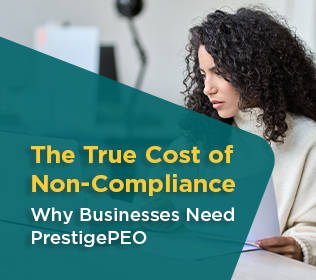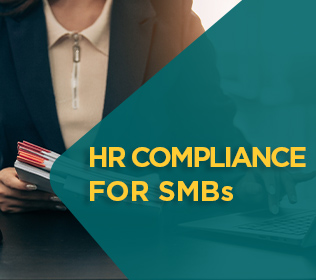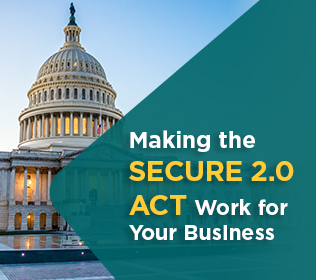When a business hires a PEO for payroll, the PEO becomes a co-employer and assumes the responsibility of managing the client’s payroll administration and employee taxes by using its own tax identification numbers, rather than the client’s.
The PEO is generally responsible for payroll-related tasks, including paying wages, depositing employment taxes and issuing employee W-2s. PEO payroll helps administer payments to full- and part-time employees, and occasionally vendors and contractors. Your business still maintains responsibility for day-to-day operations and management.
When a business engages the services of PEO, it’s relying on the PEO to accurately process payroll, and ensure compliance in all states and municipalities, according to Andrew Lubash, founding partner and CEO of Prestige PEO. “PEOs report federal and many state payroll taxes under the PEOs tax identification number,” Lubash told business.com. “In some instances, the PEO’s state unemployment rate may be lower than that of the client company, thus generating a savings.”
Lubash says that to reduce risks, clients should ensure they partner with a PEO that’s an IRS-certified PEO (CPEO) and is accredited by the Employer Services Assurance Corporation (ESAC), because they are required to maintain strict financial and tax reporting requirements, provide financial assurance, and adhere to industry best practices.




